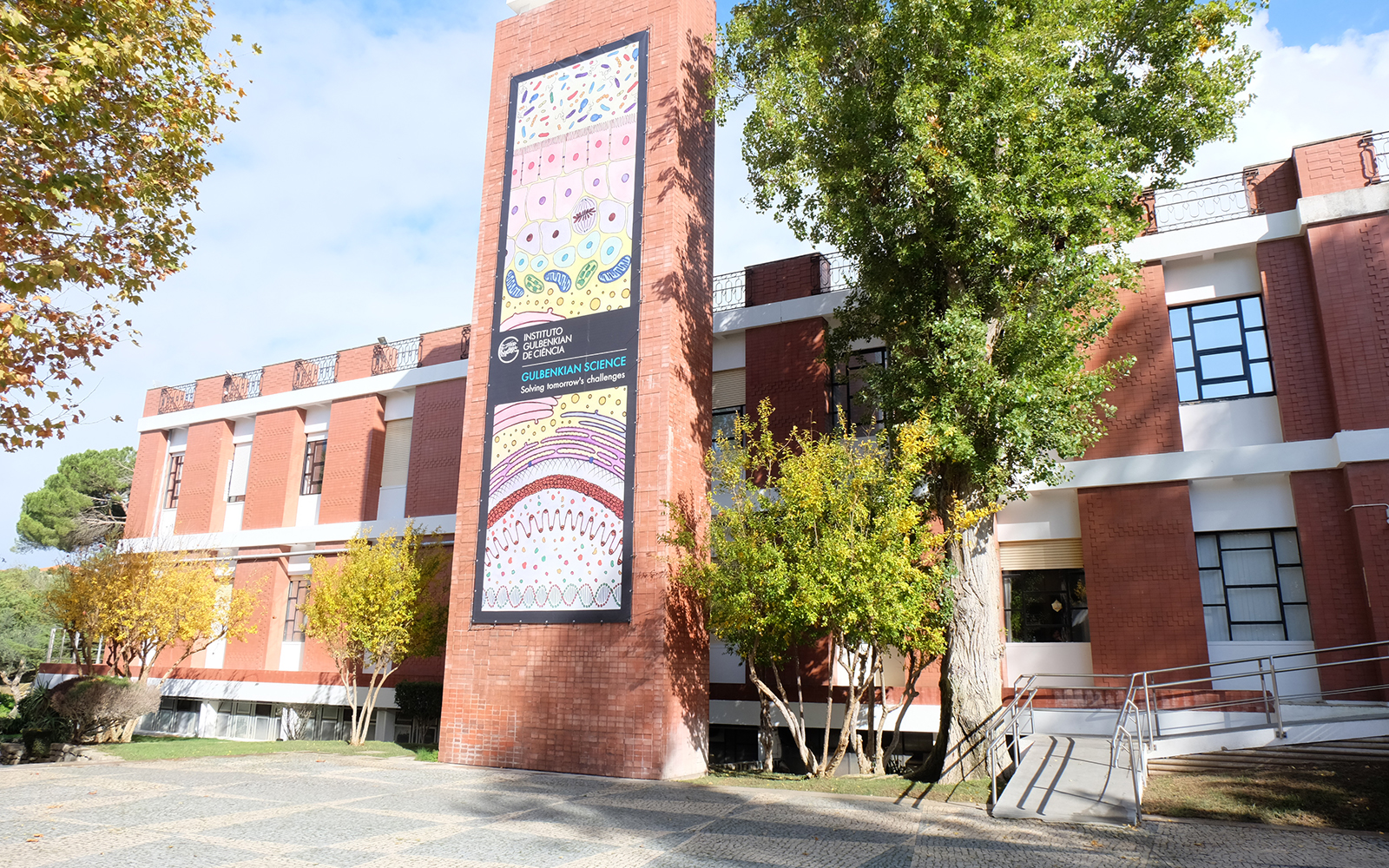Macrophage function in the regenerating heart
Event Slider
Date
- / Cancelled / Sold out
Location
Virtual RoomSeveral seminars are held weekly at the Instituto Gulbenkian de Ciência, an initiative that aims to bring together all researchers around the topics under discussion.
The sessions, with internal researchers or guests, contribute to stimulate the open and extremely collaborative culture of the IGC.
You can read the abstract of this seminar to learn more about it.
The damage caused by myocardial infarction (MI) leads to a permanent loss of cardiac tissue in adult mammals. Following MI, large numbers of monocyte-derived macrophages are recruited to the injured heart. Macrophages are integral to both repair by scar formation and tissue regeneration; however, the local environmental cues and cell-cell interactions that control distinct macrophage functions across the damaged heart are largely unknown. I will describe recent findings where we reveal that macrophages directly contribute collagen to the forming post-injury scar. Unbiased transcriptomics shows an upregulation of collagens in both zebrafish and mouse macrophages following heart injury. Adoptive transfer of macrophages, from either collagen-tagged zebrafish or adult mouse GFPtpz-collagen donors, enhances scar formation via cell autonomous production of collagen. In zebrafish, the majority of tagged collagen localises proximal to the injury, within the overlying epicardial region, suggesting a possible distinction between macrophage-deposited collagen and that predominantly laid-down by myofibroblasts. Our findings contrast with the current model of scarring, whereby collagen deposition is exclusively attributed to myofibroblasts, and implicate macrophages as direct contributors to fibrosis during heart repair. A comprehensive understanding of the regenerative microenvironment in which the innate immune response persists but is permissible for regeneration, alongside targeting of macrophage-induced pro-fibrotic pathways, may ultimately contribute to the development of therapeutic strategies aimed at harnessing pro-regenerative responses within the injured mammalian heart.

